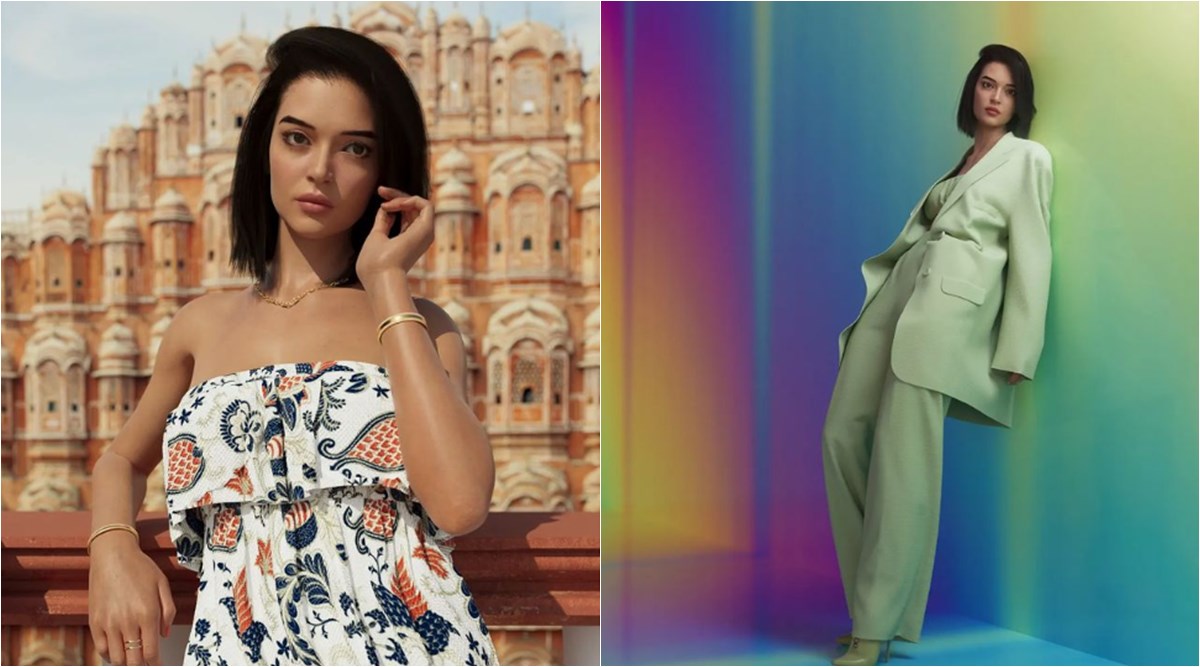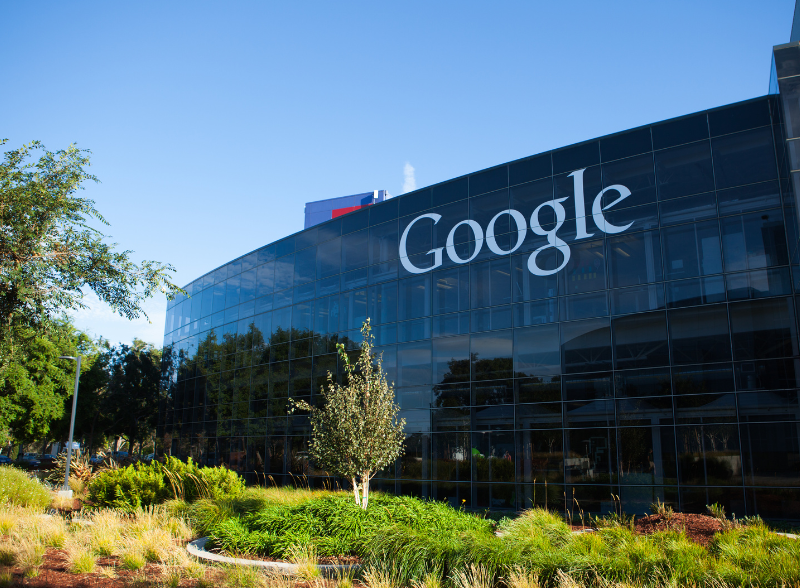"The Rise of Virtual Influencers"

In 2025, virtual influencers and AI-generated content are redefining the digital marketing landscape. These AI-powered personas are not only reshaping brand strategies but also challenging traditional notions of authenticity, creativity, and consumer engagement.
Virtual Influencers: The Pros, Cons & Controversies
Virtual influencers—computer-generated characters designed to engage audiences—have become integral to modern marketing. Figures like Lil Miquela, Shudu Gram, and Lu do Magalu boast millions of followers and have collaborated with global brands such as Prada and Calvin Klein. These digital personalities offer brands complete creative control, 24/7 availability, and the ability to tailor content precisely to target demographics.
Notably, AI influencers often achieve higher engagement rates than their human counterparts. For instance, AI influencers have an average engagement rate of 2.84%, compared to 1.72% for human influencers. Their success is particularly pronounced among Gen Z audiences, who value hyper-personalized and data-driven content.
🎯 Advantages for Brands
Brands are increasingly leveraging virtual influencers for several compelling reasons:
-
- Cost Efficiency:
Switching from human to AI influencers can reduce campaign costs by up to 30%. -
- Consistency:
AI influencers eliminate risks associated with human behavior, ensuring brand-safe content. -
- Scalability:
They can engage with global audiences simultaneously, transcending time zones and cultural barriers. -
- Customization:
Brands can script every aspect of a virtual influencer's persona, aligning perfectly with marketing objectives.

⚠️ Ethical and Authenticity Challenges
Despite their advantages, virtual influencers present ethical dilemmas:
-
- Authenticity Concerns:
Audiences may struggle to connect with AI personas lacking genuine human experiences. -
- Transparency Issues:
It's crucial for brands to disclose the artificial nature of these influencers to maintain trust. -
- Data Privacy:
The use of AI influencers raises questions about data collection and user consent. -
- Unrealistic Standards:
AI-generated perfection may perpetuate unattainable beauty ideals, impacting audience self-esteem.
🌐 Global Adoption and Notable Examples
The global embrace of virtual influencers is evident:
-
- Naevis:
A South Korean virtual idol created by SM Entertainment, Naevis has expanded beyond her origins with the K-pop group Aespa to release solo music, showcasing the entertainment industry's investment in AI personas. -
- Aitana López:
Developed by Spanish company The Clueless, Aitana earns up to €10,000 monthly, highlighting the commercial viability of virtual influencers. -
- Kyra:
India's first virtual influencer, Kyra, has partnered with brands like Amazon Prime Video and boAt, demonstrating the appeal of AI influencers in emerging markets.
🔮 The Future Landscape
Looking ahead, the integration of AI in influencer marketing is poised to deepen:
-
- Predictive Analytics:
AI will enable brands to forecast campaign ROI more accurately, optimizing marketing strategies. -
- Democratization:
Advancements in technology may allow smaller brands to create their own virtual influencers, leveling the playing field. -
- Hybrid Models:
A blend of AI and human influencers could emerge, combining authenticity with scalability.
virtual influencers and AI-generated content are not just fleeting trends but signify a transformative shift in digital marketing. As technology evolves, brands must navigate the balance between innovation and ethical responsibility to foster genuine connections with their audiences.




